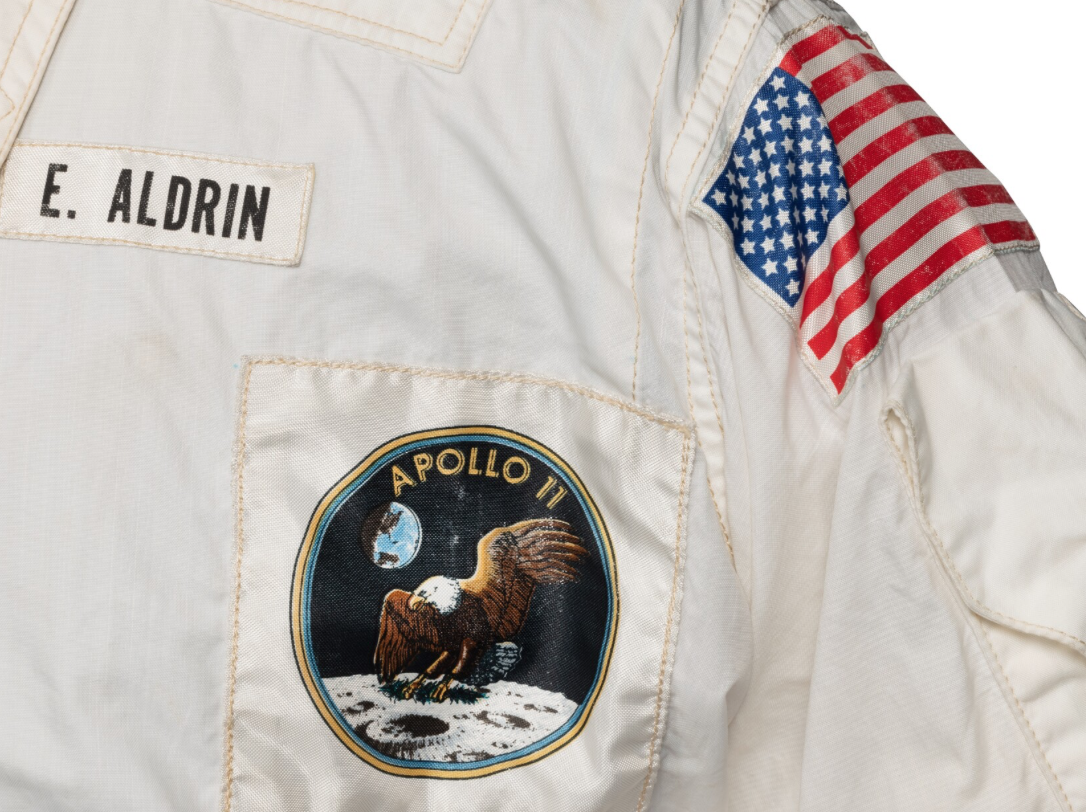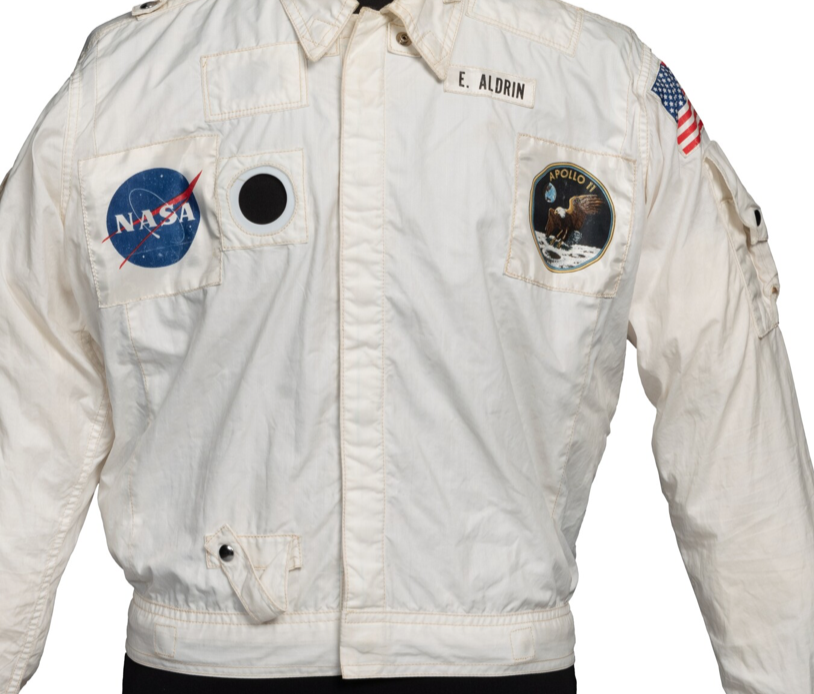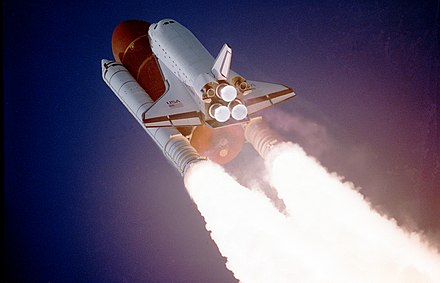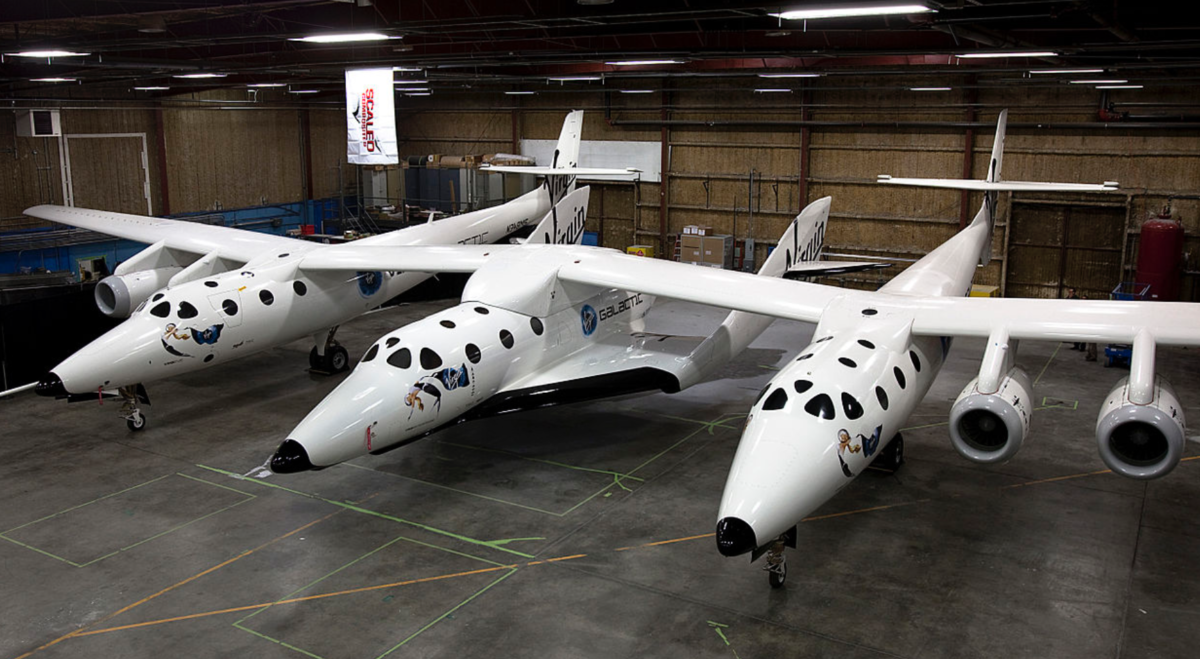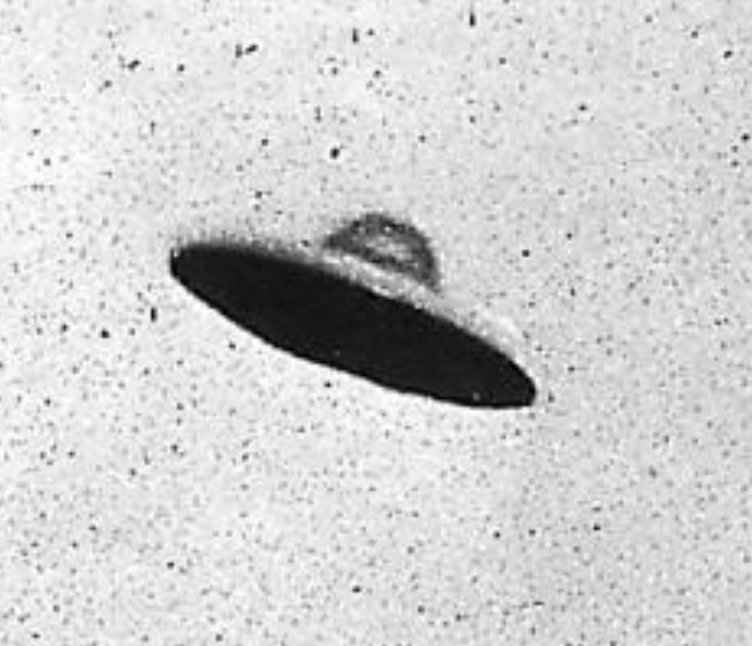by Fred Fuld III
4 minute read time
The field of space exploration has seen remarkable advances in recent years, driven by a combination of technological innovation, private investment, and renewed interest from governments around the world. From reusable rockets to the development of space-based communication networks, the industry is rapidly evolving, opening up new possibilities for scientific discovery, commercial ventures, and even human settlement beyond Earth.
The rise in space exploration activities has also sparked interest in space-related stocks, offering investors a chance to participate in what many consider the next frontier of human achievement. In this article, we’ll examine some top space exploration stocks—AST SpaceMobile (ASTS), Momentus (MNTS), Rocket Lab USA (RKLB), and Virgin Galactic Holdings (SPCE)—each playing a unique role in the burgeoning space economy.
AST SpaceMobile (ASTS)
AST SpaceMobile, headquartered in Midland, Texas, is at the forefront of developing space-based communication networks. The company’s mission is to build the first space-based cellular broadband network, capable of connecting directly to standard mobile phones without the need for ground-based infrastructure. This groundbreaking technology has the potential to bring high-speed internet access to remote and underserved areas across the globe.
The stock has a $4.7 billion market cap, but generating negative earnings, and falling revenues.
AST SpaceMobile’s BlueWalker 3 test satellite, launched in 2022, represents a significant milestone in the company’s journey to revolutionize global communications. As demand for ubiquitous connectivity continues to grow, AST SpaceMobile is positioned to play a crucial role in expanding internet access worldwide.
Momentus (MNTS)
Momentus, headquartered in San Jose, California, is a space infrastructure company focused on providing in-space transportation and logistics services. The company’s Vigoride spacecraft is designed to transport satellites to their intended orbits after being deployed from a launch vehicle, as well as perform other in-space operations such as satellite repositioning and deorbiting.
Although quarterly revenue growth year-over-year is 752%, the company isn’t generating earnings at this time. However, annual sales growth is up an incredible 933%. The stock has an extremely low market cap of $10 million, and should be considered very speculative.
Momentus aims to address the growing need for flexible and cost-effective space transportation solutions as more small satellites and constellations are launched into orbit. With its innovative technology and strategic partnerships, Momentus is well-positioned to capitalize on the increasing demand for in-space logistics in the new space economy.
Rocket Lab USA (RKLB)
Rocket Lab USA, based in Long Beach, California, is a leader in small satellite launch services, providing reliable and cost-effective access to space for a wide range of customers, including commercial companies, government agencies, and research institutions. The company’s Electron rocket is designed specifically for launching small payloads into low Earth orbit (LEO), and it has successfully completed numerous missions since its first launch in 2017.
Although quarterly revenue growth year-over-year is 71%, the company isn’t generating earnings at this time. The stock has a market cap of $3.26 billion.
Rocket Lab’s advancements in reusable rocket technology and its development of the larger Neutron rocket, which is set to debut in the coming years, demonstrate its commitment to pushing the boundaries of space transportation. Rocket Lab’s ability to deliver rapid and responsive launch services has made it a key player in the growing small satellite market.
Virgin Galactic Holdings (SPCE)
Virgin Galactic Holdings, based in Las Cruces, New Mexico, is a pioneer in the emerging space tourism industry. Founded by Sir Richard Branson, Virgin Galactic aims to make space travel accessible to the public through suborbital flights that offer passengers a few minutes of weightlessness and a breathtaking view of Earth from space. The company’s SpaceShipTwo vehicle has already conducted several successful test flights, and commercial operations are expected to commence in the near future.
The stock is selling for 40% of book value and just 23% of cash. Sales growth year-over year was in excess of 175% and more than 125% quarter-over-quarter. However, the company currently isn’t generating earnings and has a high amount of debt. It has a very low market cap of $186 million.
While space tourism is still in its early stages, Virgin Galactic’s innovative approach and strong brand recognition position it as a leader in this exciting new market. As demand for space experiences grows, Virgin Galactic is poised to play a major role in shaping the future of commercial space travel.
Summary
The companies highlighted in this article—AST SpaceMobile, Momentus, Rocket Lab USA, and Virgin Galactic Holdings—represent some of the most innovative and promising players in the space exploration industry. Each company is uniquely positioned to capitalize on the growing interest in space, whether through propulsion technology, space-based communications, satellite services, in-space logistics, launch capabilities, or space tourism.
These top space stocks offer investors an opportunity to participate in the next great leap forward in human achievement. As advancements in technology continue to drive progress in space exploration, these companies are well-positioned to benefit from the expanding space economy.
Disclosure: Author didn’t own any of the above at the time the article was written.


